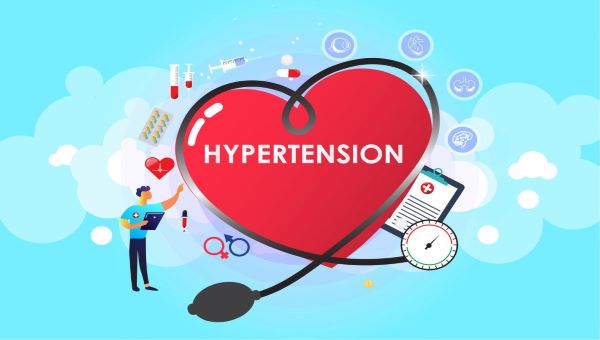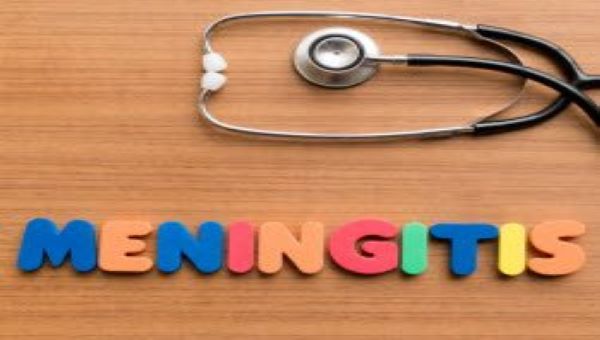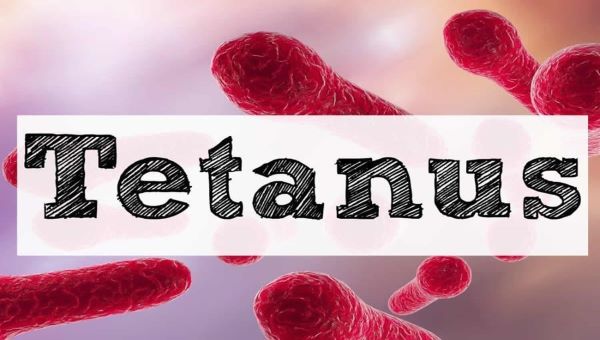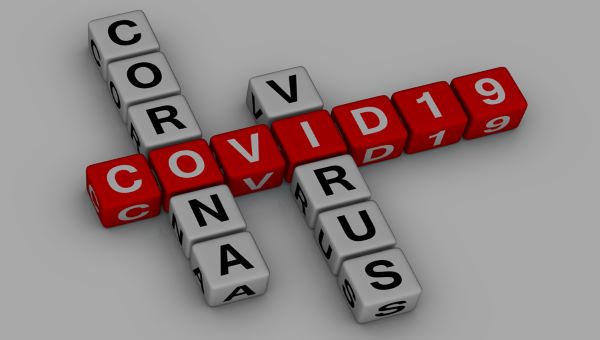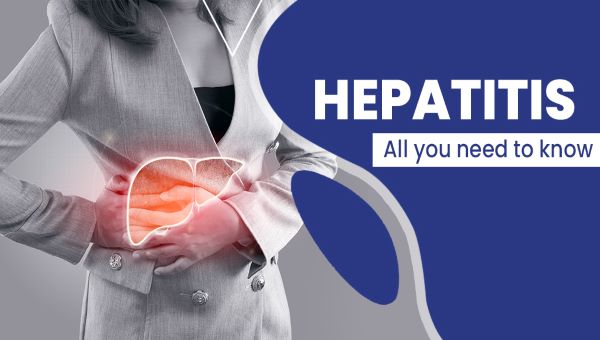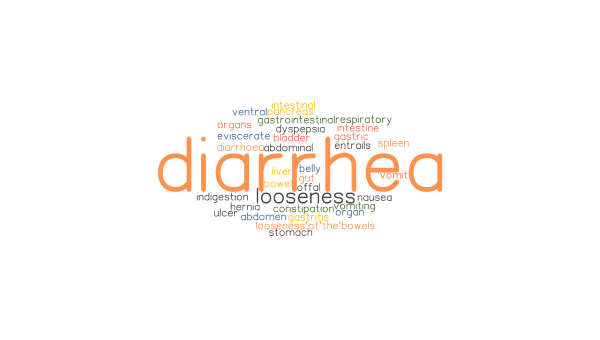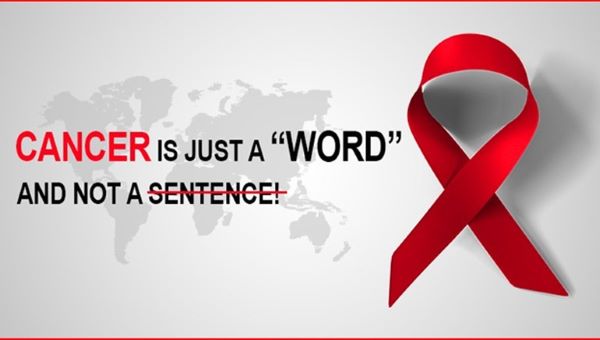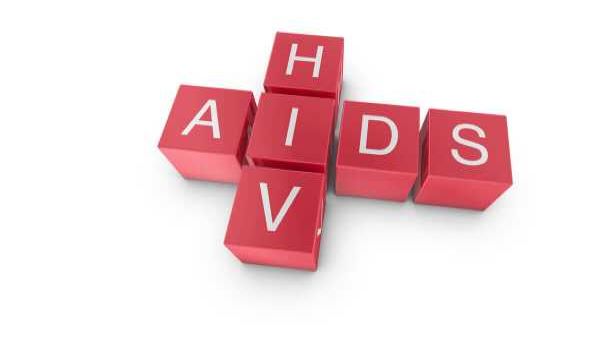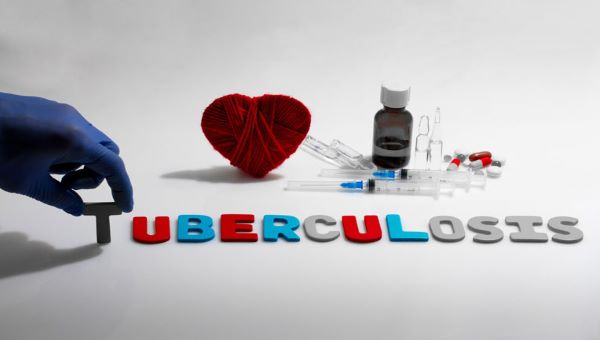Know more about HYPERTENSION
Jun 23, 2022
HYPERTENSION
INTRODUCTION
Hypertension, also known as high or raised blood pressure, is a condition in which the blood vessels have persistently raised pressure. Blood is carried from the heart to all parts of the body in the vessels. Each time the heart beats, it pumps blood into the vessels. Blood pressure is created by the force of blood pushing against the walls of blood vessels (arteries) as it is pumped by the heart. The higher the pressure, the harder the heart has to pump.
SIGNS AND SYMPTOMS
-
Many people with hypertension do not notice symptoms and may be unaware there is a problem.
- Symptoms can include early morning headaches, nosebleeds, irregular heart rhythms, vision changes, and buzzing in the ears.
- More severe forms may exhibit fatigue, nausea, vomiting, confusion, anxiety, chest pain, and muscle tremors.
- If left untreated, hypertension can cause persistent chest pain (also called angina), heart attacks, heart failure, and an irregular heartbeat, which can lead to a sudden death.
- Hypertension can also cause strokes by blocking or bursting arteries that supply blood and oxygen to the brain, as well as kidney damage, which can lead to kidney failure.
- High blood pressure causes damage to the heart by hardening arteries and decreasing the flood of blood and oxygen to the heart.
CAUSES
There are two types of high blood pressure.
- Primary (essential) hypertension
For most adults, there's no identifiable cause of high blood pressure. This type of high blood pressure, called primary (essential) hypertension, tends to develop gradually over many years.
- Secondary hypertension
Some people have high blood pressure caused by an underlying condition. This type of high blood pressure, called secondary hypertension, tends to appear suddenly and cause higher blood pressure than does primary hypertension. Various conditions and medications can lead to secondary hypertension, including:
- Obstructive sleep apnea
- Kidney disease
- Adrenal gland tumors
- Thyroid problems
- Certain defects you're born with (congenital) in blood vessels
- Certain medications, such as birth control pills, cold remedies, decongestants, over-the-counter pain relievers and some prescription drugs
- Illegal drugs, such as cocaine and amphetamines
Risk factors
High blood pressure has many risk factors, including:
- Age. The risk of high blood pressure increases as you age. Until about age 64, high blood pressure is more common in men. Women are more likely to develop high blood pressure after age 65.
- Race. High blood pressure is particularly common among people of African heritage, often developing at an earlier age than it does in whites. Serious complications, such as stroke, heart attack and kidney failure, also are more common in people of African heritage.
- Family history. High blood pressure tends to run in families.
- Being overweight or obese. The more you weigh, the more blood you need to supply oxygen and nutrients to your tissues. As the amount of blood flow through your blood vessels increases, so does the pressure on your artery walls.
- Not being physically active. People who are inactive tend to have higher heart rates. The higher your heart rate, the harder your heart must work with each contraction and the stronger the force on your arteries. Lack of physical activity also increases the risk of being overweight.
- Using tobacco. Not only does smoking or chewing tobacco immediately raise your blood pressure temporarily, but the chemicals in tobacco can damage the lining of your artery walls. This can cause your arteries to narrow and increase your risk of heart disease. Secondhand smoke also can increase your heart disease risk.
- Too much salt (sodium) in your diet. Too much sodium in your diet can cause your body to retain fluid, which increases blood pressure.
- Too little potassium in your diet. Potassium helps balance the amount of sodium in your cells. A proper balance of potassium is critical for good heart health. If you don't get enough potassium in your diet, or you lose too much potassium due to dehydration or other health conditions, sodium can build up in your blood.
DIAGNOSIS
- Your doctor will ask questions about your medical history and do a physical examination. The doctor, nurse or other medical assistant will place an inflatable arm cuff around your arm and measure your blood pressure using a pressure-measuring gauge. Your blood pressure generally should be measured in both arms to determine if there is a difference. It's important to use an appropriate-sized arm cuff.
Blood pressure measurements fall into several categories:
- Normal blood pressure. Your blood pressure is normal if it's below 120/80 mm Hg.
- Elevated blood pressure. Elevated blood pressure is a systolic pressure ranging from 120 to 129 mm Hg and a diastolic pressure below (not above) 80 mm Hg. Elevated blood pressure tends to get worse over time unless steps are taken to control blood pressure. Elevated blood pressure may also be called prehypertension.
- Stage 1 hypertension. Stage 1 hypertension is a systolic pressure ranging from 130 to 139 mm Hg or a diastolic pressure ranging from 80 to 89 mm Hg.
- Stage 2 hypertension. More-severe hypertension, stage 2 hypertension is a systolic pressure of 140 mm Hg or higher or a diastolic pressure of 90 mm Hg or higher.
- Hypertensive crisis. A blood pressure measurement higher than 180/120 mm Hg is an emergency situation that requires urgent medical care. If you get this result when you take your blood pressure at home, wait five minutes and retest. If your blood pressure is still this high, contact your doctor immediately. If you also have chest pain, vision problems, numbness or weakness, breathing difficulty, or any other signs and symptoms of a stroke or heart attack, call 911 or your local emergency medical number.
If you have high blood pressure, your doctor may recommend tests to confirm the diagnosis and check for underlying conditions that can cause hypertension.
- Ambulatory monitoring. This 24-hour blood pressure monitoring test is used to confirm if you have high blood pressure. The device used for this test measures your blood pressure at regular intervals over a 24-hour period and provides a more accurate picture of blood pressure changes over an average day and night. However, these devices aren't available in all medical centres, and they may not be reimbursed.
- Lab tests. Your doctor may recommend a urine test (urinalysis) and blood tests, including a cholesterol test.
- Electrocardiogram (ECG or EKG). This quick and painless test measures your heart's electrical activity.
- Echocardiogram. Depending on your signs and symptoms and test results, your doctor may order an echocardiogram to check for more signs of heart disease. An echocardiogram uses sound waves to produce images of the heart.
PREVENTION
-
Reducing modifiable risk factors is the best way to prevent hypertension and associated diseases of the heart, brain, kidney and other organs.
- These factors include unhealthy diets (excessive salt consumption, a diet high in saturated fat and trans fats, low intake of fruits and vegetables), physical inactivity, consumption of tobacco and alcohol, and being overweight or obese.
- There are also non-modifiable risk factors, including a family history of hypertension, age over 65 years and co-existing diseases such as diabetes or kidney disease. Avoiding dietary and behavioural risk factors is doubly important for those with unmodifiable or hereditary risk factors.
TREATMENT
Medications used to treat high blood pressure include:
- Diuretics.
- Angiotensin-converting enzyme (ACE) inhibitors.
- Angiotensin II receptor blockers (ARBs).
- Calcium channel blockers.
Additional medications sometimes used to treat high blood pressure
If you're having trouble reaching your blood pressure goal with combinations of the above medications, your doctor may prescribe:
- Alpha blockers.
- Alpha-beta blockers.
- Beta blockers.
- Aldosterone antagonists.
- Renin inhibitors. .
- Vasodilators.

